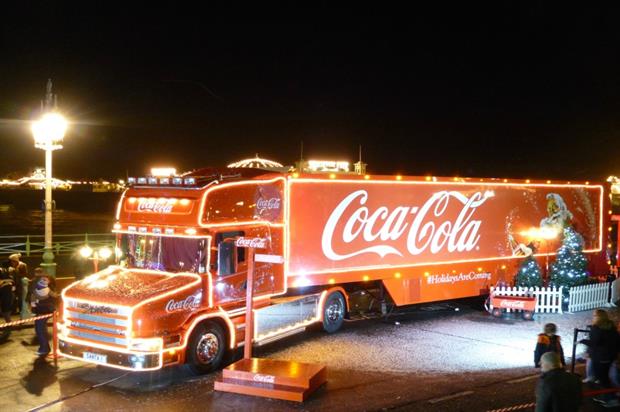
The drinks company on Wednesday (4 November) after the MP for Leicester East, Keith Vaz, said he was worried about the arrival of the in his constituency, due to the high amount of sugar in its hero product.
Coca-Cola responded, stating it does not hand out samples to under-12s, without the permission of a parent or guardian.
Carey Trevill, managing director of the IPM, told Event that Coca-Cola has signed to the Advertising Association pledge against excessive consumption, which helps to protect children and minors from unsuitable consumption cues.
"We of course understand that Coca-Cola is consumed by a wide age range and we are delighted to see that it has made a clear public statement not to sample to children under 12," she said.
She added: "While this might feel like new news, most age-responsible brands will not market to under-12s - or indeed anyone who appears to be under the age of 12. However if parental permission is granted, the brand may decide that they will give a product to a child with this permission."
Experiential guidelines
The IPM operates a code of conduct for experiential campaigns called the Experiential Marketing Code of Conduct (EMCC). This aims to assist brands and agencies in the pursuit of live, sampling and direct to consumer-style engagement to activate in an age, situational and consumption appropriate way.
"The EMCC was devised to help protect minors from unsuitable brand activation and to help brands navigate age perceptions when sampling with a clear, unwavering guideline," explained Trevill. "It’s there to prevent the distribution of goods to young audiences, where their cognitive abilities to discern the right product to take if offered are not developed to the right level."
Ultimately, Treville believes Coca-Cola is in-line with these guidelines on other grounds too.
"The EMCC not only applies to high fat, salt and sugar products, it also applies to the volume distributed." she said. "For example, ‘only one per customer’ is not just about limiting samples and controlling budget, it exists because dishing out loads of free sugary drinks is not the right consumption message.
"This is also a guideline that Coca-Cola adheres to."
More:
Comment below to let us know what you think.
For more in-depth and print-only features, showcases and interviews with world-leading brands, don't miss the next issue of Event magazine by .

